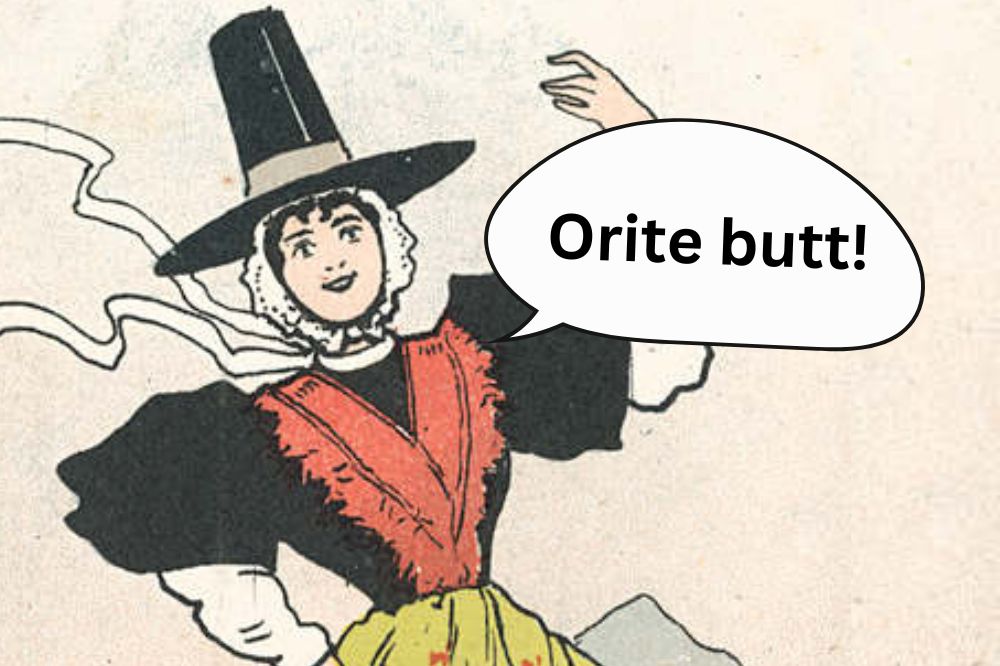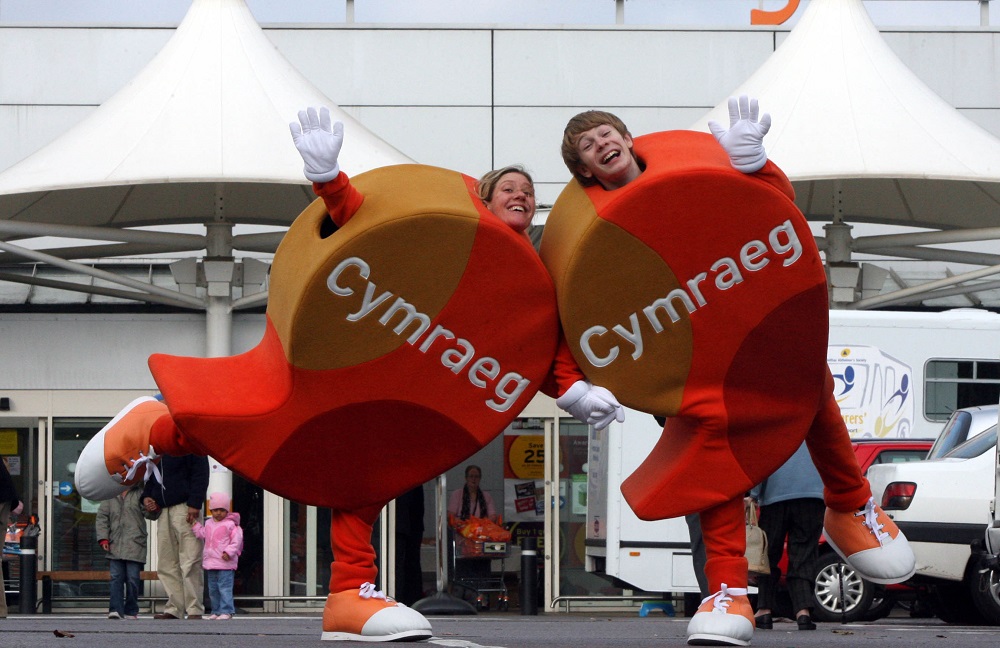Wenglish: Experts research how the English language is used in day-to-day life in Wales

From how some of us pronounce ‘ear’ to the words unique to English speakers in Wales, experts at Cardiff University are researching how the English language is used in our day-to-day lives ‘here’ in Wales.
Speak for Yersel was an Arts and Humanities Research Council funded project on Scots at the University of Glasgow. More than 7,000 participants took the online surveys about the words, sounds and sentences of Scots that they use in day-to-day life. This crowdsourced data is displayed on interactive maps that illustrate how Scots is spoken in Scotland in the 21st century.
Now, the project is being expanded to include Wales, Northern Ireland and the Republic of Ireland. Professor Mercedes Durham and Dr Jonathan Morris at Cardiff University are leading the Wales extension of the project.
Fumin’
Professor Durham, based at the University’s School of English, Communication and Philosophy, said: “When you’re talking to a group of people, would you say you, you guys or you lot? Would you ever say I’m tamping? And do you pronounce ear the same way as year?
“These are the kinds of questions we’ll be asking in Speak for Yersel Wales. Although you can find lots of online lists of Welsh English words and expressions, it’s not completely clear where, and by who, they’re used.
“This project will allow us to uncover what differences there are in English as it is spoken across Wales, as well as confirming which aspects of ‘Wenglish’ are still regularly used today.”

People are being invited to take part in three surveys that will feed into an online resource to map how language is used all over Wales – from Pembrokeshire to Flintshire, from the Vale of Glamorgan to Anglesey and everywhere in between.
They can describe the quirky words, sounds and sentences they use – such as mitching, taid, lush – and whether their speech is the same or different to others around Wales. After each question, the answer is instantly added to a map of the country, so users can see how their answers compare to others.
Opportunity
Speak for Yersel Wales will offer up the opportunity to study language in the classroom in an engaging and fun way. The surveys and maps contain a number of jumping off points for discussion that will make pupils think about how they and others sound.
Dr Morris, based at the University’s School of Welsh, said: “The project has been set up in a way that will enable us to examine the contribution of Welsh in Welsh English: where are words from Welsh used? For example, initial results suggest that words from Welsh, such as twp, dwt and cwtch, are used more in South Wales than in the English spoken in northern areas.
“We’re also asking people to tell us about their knowledge of Welsh. This is really important as it’ll help us to find out whether people who speak Welsh are using English in a different way.”
Take the surveys yourself or see the results at: https://speakforyersel.ac.uk/
Support our Nation today
For the price of a cup of coffee a month you can help us create an independent, not-for-profit, national news service for the people of Wales, by the people of Wales.






Socio-linguistics surveys are always interesting. The maps here are fascinating, and the results in my corner of Cymru correlated with my own speech patterns. They could have added a page where you could type in a list words or expressions that you think may be unique to your area.
This survey doesn’t include ex-pats either.